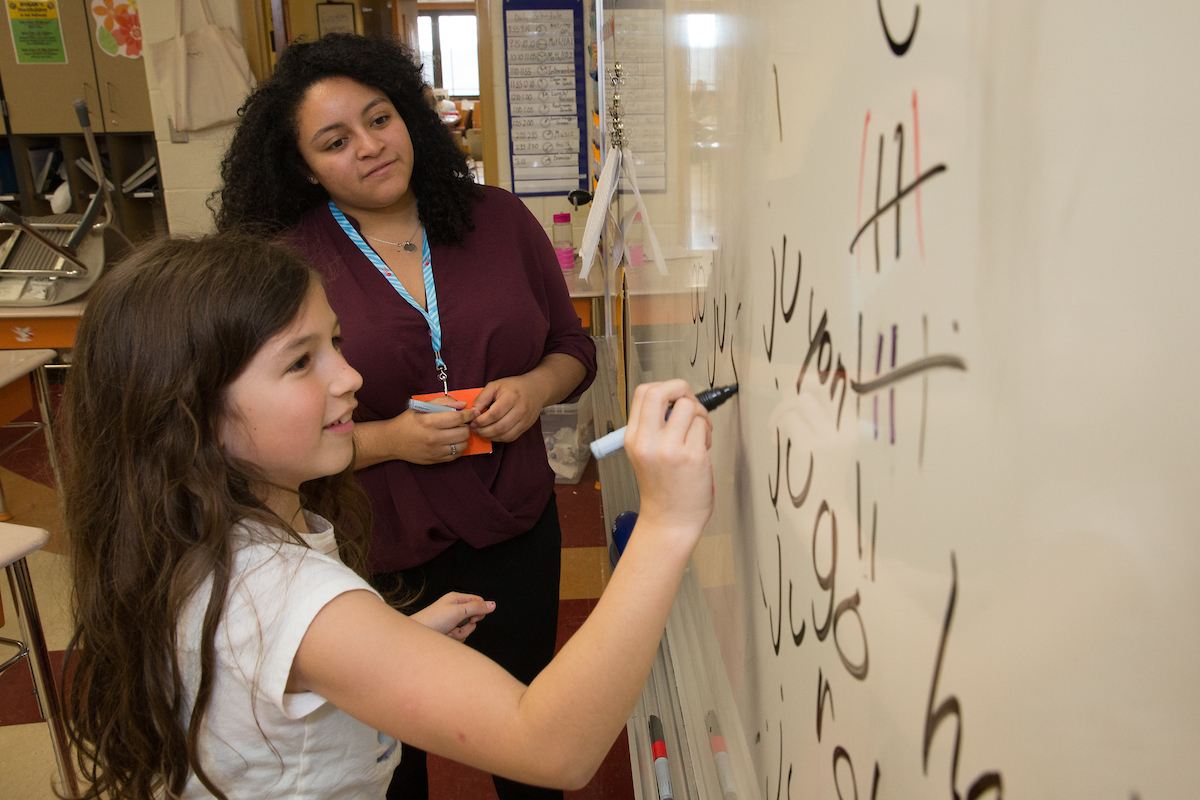Integrated English Language Arts Education, MAT
This graduate program blends English content and instructional methods for students seeking teacher licensure and a master’s in about four to five semesters. Focused on literature, writing, and adolescent literacy, it prepares graduates to teach English language arts effectively in middle and high school.


